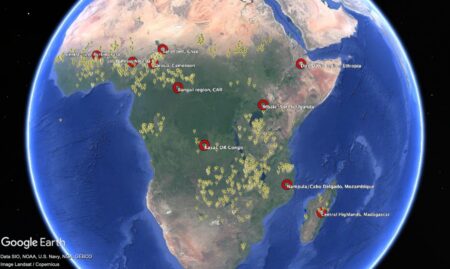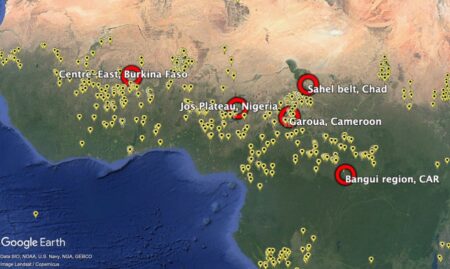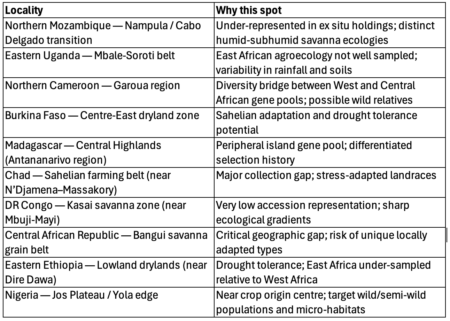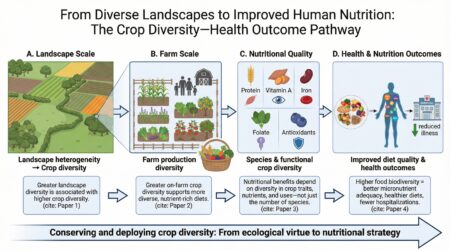I’ve been very interested in the intersection between tourism and agrobiodiversity conservation ever since I was (admittedly tangentially) involved in the late, great Marleni Ramirez‘s Adventures in Agrobiodiversity — Ecotourism for Agrobiodiversity Conservation: A Feasibility Study almost a quarter of a century ago (sic). So it was great to come across the FAO technical brief Sustainable agritourism: an opportunity for agrifood systems transformation in the Mediterranean a few days ago.
Its premise is that the synergy between agrobiodiversity and sustainable agritourism creates a powerful feedback loop that safeguards both biological heritage and rural livelihoods. In this relationship, biodiversity acts as the primary “pull factor” for the traveller; the presence of cool indigenous crops, rare animal breeds, and attractive wild flora provides the authentic, immersive, site-specific experiences that many modern tourists crave. By integrating these unique biological assets into the tourism value chain — such as through the promotion of ancient grape varieties or the use of wild herbs in culinary workshops — farmers find a compelling economic justification for maintaining diverse ecosystems, and holding at bay the charms of modern monoculture.
At the same time, agritourism serves as a vital tool for the in situ conservation of agricultural biodiversity. By creating niche markets for non-standardized products, it incentivizes the cultivation of traditional crops and heirloom varieties and reduces the pressure on local farming practices and habitats. For example, in Mediterranean pescatourism (a new term to me) fishers pivot from high-impact commercial harvesting to low-impact tourism, drastically reducing net usage while increasing the perceived value of marine biodiversity. Ultimately, agritourism transforms the farm — and indeed the fishery — into a living laboratory for food systems literacy, educating society on the importance of “zero food-miles” and seasonal diversity, ensuring that the genetic wealth of the past remains a functional part of the agricultural future.
While the technical brief focuses primarily on dynamic, on farm conservation fuelled by tourism, with no mention of ex situ, it kinda implicitly points, if you squint, towards a complementary approach where agritourism acts as the visible, economic front-end for the genetic security provided by genebanks. For agritourism to thrive on the unique grape lineages in Crete or the traditional crops at Jordan’s Carob House, there must be a secure backup of these resources if things go wrong. Genebanks allow farmers to reintroduce forgotten varieties into their fields, which then become the star attractions for visitors seeking authentic Mediterranean flavours.
By weaving together these two strategies, a resilient conservation loop is formed: genebanks preserve raw diversity, while sustainable agritourism provides the “real-world” laboratory where it can evolve, adapt to changing climates, and generate income for rural communities. If agritourism is a lever for “agrifood systems transformation,” this transformation is most secure when the living heritage found on farm is backed by the scientific safety net of a genebank, ensuring that the biological assets underpinning the tourism experience are never truly lost to time.
A message that could also have been usefully trumpeted by the initiative called Tourism Food for Good, introduced late last year by UN Tourism, the TUI Care Foundation, and the University of Cambridge’s Centre for Resilience and Sustainable Development. The focus there seems to be mainly on reducing food loss and waste. Which is worthy enough, but seems to miss an obvious trick. Hopefully UN Tourism will talk to FAO soon. Or read Marleni’s still very relevant thoughts.



